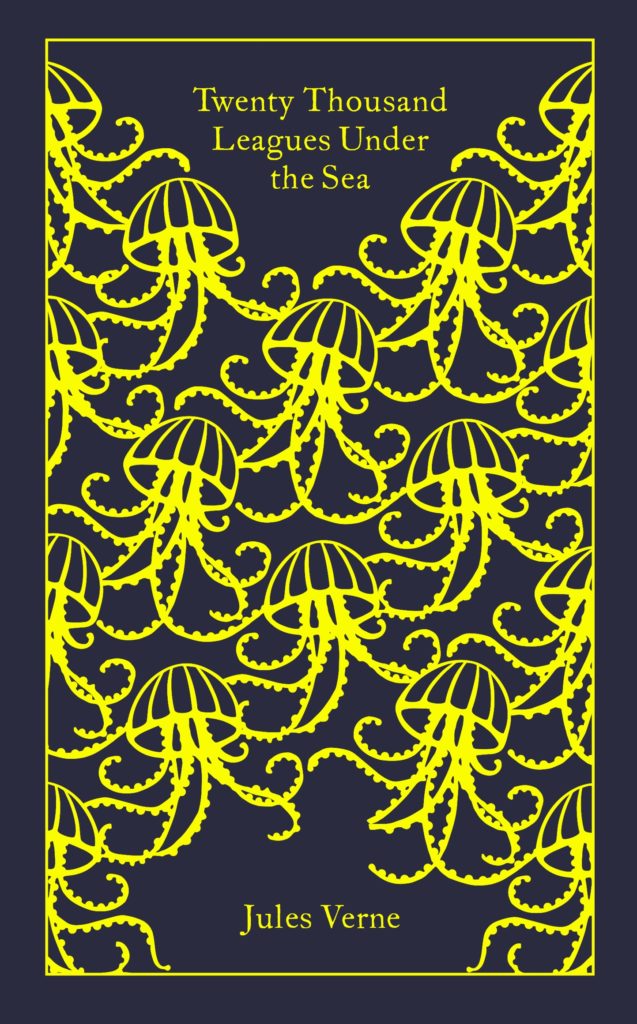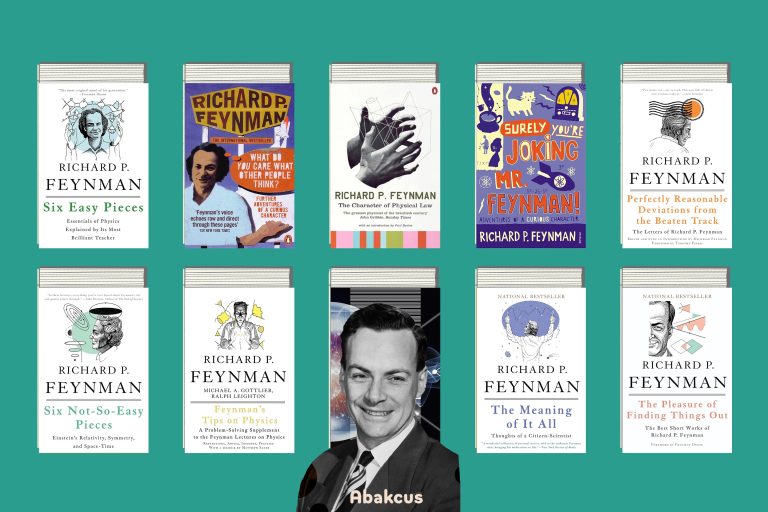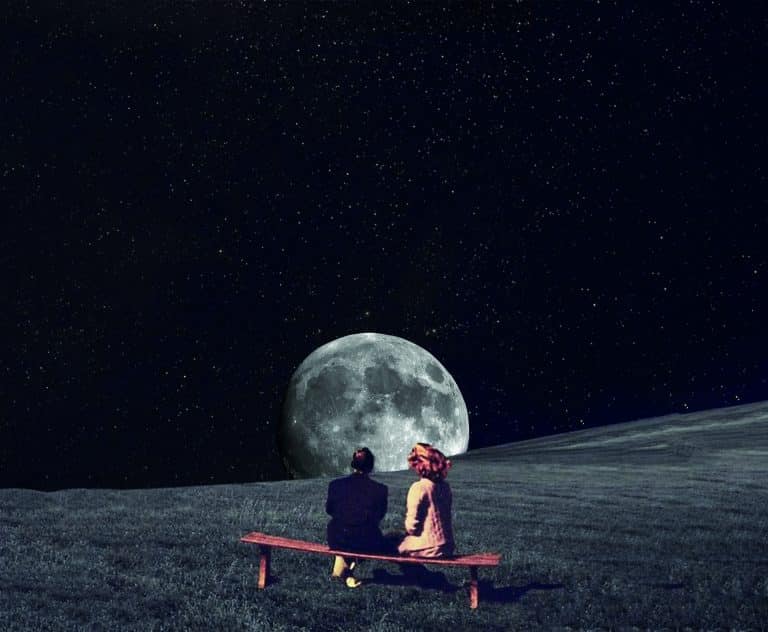Books have the power to transport us to different places and times. We often read books to get a taste of life in the past. But some authors write books that predict the future and our present society’s facts to venture into the unknown of the future with a level of detail that seems impossibly accurate.
Are there any books that predict the future?
In reality, authors’ imaginations painted portraits that would eventually be mirrored by history books a century later. For instance, George Orwell’s 1984, perhaps the best-known dystopian novel, is often used as a barometer for corruption and government control. While things in the U.S. at least haven’t quite reached Orwellian levels, 1984’s theme of surveillance resonates amid data privacy theft scandals and a world of hackable laptop cameras.
It is very interesting that there are many books that predict the future in one way or another. I have curated twenty-four books that predict the future. I hope you enjoy them.
And finally, don’t forget this: Children with more books at home have less mental decline when older. writ
These exquisite and collectible editions are published as a part of Penguin’s beautiful hardback Clothbound Classics series. Designed by the multi-award-winning Coralie Bickford-Smith, the series features editions that are bound in high-quality, colorful, and tactile cloth with foil stamped into the design. After being shipwrecked and cast adrift, Lemuel Gulliver wakes up to find that he is on the island of Lilliput, which is inhabited by little people whose height makes it seem ridiculous for them to argue about things like fashion and fame. The subsequent events in Gulliver’s life, such as his interactions with the crude giants of Brobdingnag, the philosophical Houyhnhnms, and the brutish Yahoos, provide him with new and sour insights into the behavior of humans. Swift’s savage satire depicts humanity as a diminished, magnified, and finally bestial species in a hall of mirrors, presenting us with an uncompromising reflection of ourselves in the process.
“The Party advised you to ignore what your eyes and hearing are telling you. It was their last and most important order.
Winston Smith follows Party directives and changes the course of history to appease the Ministry of Truth. Winston develops a hatred for the Party that seeks power for its own sake and persecutes anyone who dares to commit thoughtcrimes with each falsehood he writes. Winston, however, is forced to face the fact that Big Brother is constantly monitoring as he begins to think for himself.
1984 is a fascinating and unsettling book that paints a vivid picture of an alternate universe from beginning to end. Nobody can dispute the book’s ability to capture the imagination of a whole generation or the strength of its warnings, which appear to get stronger rather than weaker with time.”
Men Like Gods
1923. English novelist, journalist, sociologist, and historian, famous for his works of science fiction, Wells’s best-known books are The Time Machine, The Invisible Man and The War Of The Worlds. Wells’s utopian tale of a land of men and women where they are bright and happy, healthy and long-lived and their appearance is likened explicitly to Greek deities. See other titles by this author available from Kessinger Publishing.
“J. B. S. Haldane, a British scientist, wrote a book titled Daedalus; or, Science and the Future, which was first released in England in 1924. It was a speech delivered to the Heretics Society for academics at Cambridge University on February 4, 1923.
Haldane, specifically in reference to his own field of biology, utilizes the Greek tale of Daedalus as a symbol of the revolutionary nature of science.
The Prometheus is always the chemical or physical inventor. No great creation, from fire to flight, has ever gone unrecognized as an insult to a deity. But if every discovery in physics and chemistry is a heresy, then every discovery in biology is a perversion. Very few would not seem indecent and out of the ordinary to an observer from any country who had never heard of them before when they were first brought to his attention.
He also expressed pessimism over the positive effects of some scientific advancements on people, contending that such advancements would cause humankind more harm than good unless an equivalent advancement followed them in ethics.
His portrayal of a future in which people may control their own evolution through deliberate mutation and the use of in vitro fertilization (known as “ectogenesis”) had a significant influence on Aldous Huxley’s Brave New World. The book is an early example of transhumanism. The book finishes with a picture of a lab biologist resembling Haldane, who is described as “just a poor little scrubby underpaid man fumbling hopelessly.”
Other authors have extensively examined the book, including Sal. P. Restivo’s “Science, Society, and Values” and Freeman Dyson’s “Imagined Worlds,” and the idea has been employed in modern science lectures.”
Twenty Thousand Leagues Under the Sea is an exciting adventure story! Three men travel with the mysterious Captain Nemo on his submarine, the Nautilus, on an epic journey under the sea. During their crazy trip, they meet the lost city of Atlantis, the South Pole, and the corals of the Red Sea. Along the way, they have to fight against many people and monsters. This great work of fiction shows how science can be used to do anything and how dark the human mind can be.
The Ultimate Hitchhiker’s Guide to the Galaxy
Seconds before the Earth is demolished for a galactic freeway, Ford Prefect, a researcher for the revised Guide, saves Arthur Dent. Together they stick out their thumbs to the stars and begin a wild journey through time and space.
Together these dynamic pair begin a journey through space aided by quotes from The Hitchhiker’s Guide and a galaxy-full of fellow travelers: Zaphod Beeblebrox—the two-headed, three-armed ex-hippie and out-to-lunch president of the galaxy; Trillian, Zaphod’s girlfriend, whom Arthur tried to pick up at a cocktail party once upon a time zone; Marvin, a paranoid, brilliant, and chronically depressed robot; Veet Voojagig, a graduate student who is obsessed with the disappearance of all the ballpoint pens he bought over the years.
“The internationally popular book Fahrenheit 451 by Ray Bradbury, set in a grim, dystopian future, continues to be read and studied nearly 70 years after its initial release. Its message is more pertinent now than it has ever been.
The fireman is Guy Montag. His responsibility is to destroy both the homes where they are hidden and the printed book, the most illicit of all goods. When Montag returns to his boring life and his wife, Mildred, who spends the entire day with her television “family,” he never doubts the destruction and ruins his activities cause. Montag, however, starts to doubt everything he has ever known when he befriends an eccentric young neighbor named Clarisse. Clarisse introduces Montag to a past in which people didn’t live in fear and a present in which people view the world through the ideas in books rather than the mindless chatter of television.”
“Anyone concerned with preserving the human spirit must read and comprehend Aldous Huxley’s timeless masterpiece now more than ever.
One of the most foreboding dystopian masterpieces, a masterpiece. The Wall Street Journal
The profoundly significant literary classic Brave New World by Aldous Huxley paints a sobering picture of an unequal, technologically advanced future in which people are genetically engineered, socially brainwashed, and drugged to maintain an authoritarian social order at the expense of their freedom, humanity, and perhaps even their souls. Huxley, who was described as “a genius who spent his life denouncing the forward march of the Machine,” was a man of unmatched abilities, an artist, a spiritual seeker, and one of history’s most important astute observers of human nature and civilization. Millions of people have read his masterwork, Brave New World, which continues to be urgently relevant today as both a warning to be heeded as we go into the future and as a thought-provoking, gratifying work of literature. Brave New World, written in the 1930s as fascism was on the rise, also relates to the 21st-century world, dominated by mass entertainment, technology, medicine and medicines, the arts of persuasion, and the covert power of elites.”
In his science fiction novel “The World Set Free,” H.G. Wells imagines a future in which total social and economic reconstruction will be necessary to achieve world peace through labor internationalism. However, there is a violent, drawn-out, and brutal phase of the revolution that comes first, one that may end up accomplishing nothing but social damage. In “The Planet Set Free,” powerful men who have excelled in education and favor take on the voluntary duty of changing the course of the world.
A test pilot who has been deformed and mutilated is changed into a superhuman government agent with exceptional physical abilities.

















